During the Aurora International Peace Conference 2025 hosted by Universität Innsbruck, academic and researcher Rina Alluri unpacked the meaning of peace and peacebuilding in today’s global context. She further showcased how higher education institutions can play a significant role in writing the narrative in promoting the culture of peace through educational initiatives, activities and policies.
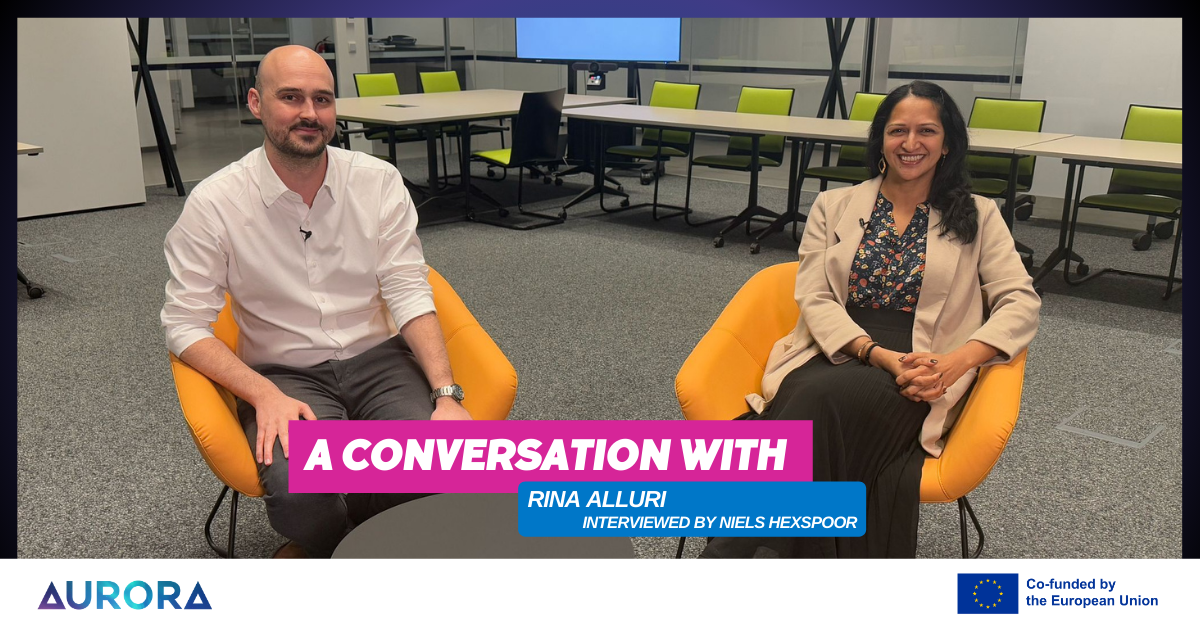
This conversation was led by Niels Hexspoor, Aurora Sustainability and Impact Leader at Palacký University Olomouc and Lead for Aurora 2030 Work Package 7 (WP7) Capacity Building and Community Engagement. He interviewed Rina Alluri, Assistant Professor in Peace and Conflict Studies at the Universität Innsbruck, and UNESCO Chair for Peace Studies. She was also part of the organising committee for the Aurora International Peace Conference 2025, an event coordinated under the Aurora Karazin University Peace Education Hub.
Setting the Stage: The Meaning of Peace
Niels: We are here today at the Aurora International Peace Conference on “The Role Of Higher Education And Peace Building” hosted by the University of Innsbruck as part of the Aurora Karazin University Peace Education Hub. Peace is a very loaded and concurrent topic. Could you give some examples of the meaning of peace, especially in the context of today’s world?
Rina: We often think that peace is a sort of this end goal, a destination, this utopian place that we are all supposed to be somewhat striving for, or moving towards. While I do believe that there is something to strive for and move towards, we need to understand peace and peacebuilding as an ongoing lifelong learning process. As individuals, but also as societies, institutions, universities, we must think about how we’re building different forms of peace everyday.
Unfortunately, we are living in turbulent times. I try not to be a pessimist, but we need to be aware of the different realities: at the moment, there are a number of countries, contexts, and communities around the world that are facing threat, risks, insecurity, and that are fearful for their everyday lives.
So when we look at peace and peacebuilding, it’s a matter of acknowledging the reality of war, conflict, genocide, mass atrocities, and humanitarian crises, but also always keeping in mind the opportunities for building everyday forms of peace.
The Role of Higher Education in Peacebuilding
Niels: How do you think universities in higher education institutions, such as those within Aurora, play a role in creating academics and students that can positively contribute to raising this awareness and this sense of peacebuilding?
Rina: There’s an element of also being aware of the possible negative role that education has played historically in some cases. This is something that I feel is very important when we speak about our students. I co-lead a Master’s programme in Peace and Conflict Studies. Although I’m not a historian, I’m a political scientist, and I think that political histories are important to be aware of. In order to find ways for universities to contribute to peace and peacebuilding, we must also be aware of how they have contributed to conflict, and how often education has been part of colonisation, imperialism, et cetera.
Finding the way for universities is also being very aware of the potential of education, how it can be used as a tool – and is being used as a tool in some contexts today – for oppression, manipulation, indoctrination, erasure, and revisionist policies and approaches. When we begin from that starting point of how education and universities have been used as negative tools, and we come into the conversation with that absolute clear awareness, we can then begin to consider the potential opportunities.
We see examples of this all around the world. For little girls in Afghanistan and Pakistan historically, education has been a tool for resistance. We see in the cases of higher education institutions that offer scholarships to students from the global south and conflict-affected context in the global north, how these opportunities would only exist through scholarships and educational spaces.
We can also see today, being together in a conference that gathers scholars, activists, practitioners, students, to talk about the role of higher education and peace building. Through this contact and meeting with each other, we speak a common language of cooperation, community, and how to find ways to work together. Developing peace hubs, Erasmus exchanges in the context of Europe, but also being aware of the challenges that students and scholars at risk face around the world and trying to identify ways to support each other through it.
Full house at the Aurora International Peace Conference 2025 for the plenary session on “Universities’ Peacebuilding Practices and Knowledge Diplomacy”
The Transformative Power of Education
Niels: You’d mentioned some of the more practical ways that were touched upon in this conference and, ways in which universities can use this transformative power for good rather than for bad. Could you perhaps give some concrete and practical examples to how this can translate to everyday life?
Rina: As I mentioned, I co-lead a Master’s programme in Peace and Conflict Studies. One of the challenges that we often face is students from conflict-affected contexts or from global south contexts, look to opportunities for education.
Here we need to be better. We need to be better at ensuring that not only are we offering scholarships for students to come here, but also how we are supporting them once they are here. How are we ensuring that they have – from a technical level – access to visas, housing, communities? How are we offering a sense of belonging?
Peacebuilding is that step: how are we offering spaces of belonging that people are not just studying in a room together or in a big institution, but that they are also having meaningful – sometimes difficult – conversations, and allowing those conversations to be had.
In the last few days, we’ve been inspired with some incredible keynote speakers. One of them spoke about bringing ourselves into the classroom. As an educator and professor, we have a responsibility to bring ourselves into the classroom. So not just expecting students to show up, with vulnerability, ideas, and questions, but also ourselves to show up with vulnerability, ideas, and questions. For us to be aware of, and aim to, dismantle power hierarchies that exist between students and professors.
We should also question our pedagogy. We speak of all different types of pedagogy, whether it’s decolonial, intersectional, anti-racist, democratic, civil-centered, global citizenship, student-focused, et cetera. All these pedagogies are great on paper, but how are we actually bringing them into the classroom and ensuring that classroom spaces can enter into dialogue with one another?
That’s just a classroom space, which is one option, but another is through meaningful exchanges. Aurora universities, and peace hub platforms, offer such exchange between students. I don’t want to diminish contact theory here, as I believe the opportunity for students to meet each other, to meet people who might actually have different backgrounds, opinions, perspectives, to allow for that pluriversal conversation, is really crucial.
Keynote speakers, from left to right: Ian Manzi, Beatrix Austin, Madeleine Rees, Frank Geary, Marko Lehti, Oleksandra Matviichuk, Savo Heleta and Norbert Koppensteiner
Adapting Knowledge Development for Sustainable Peace
Niels: You mentioned bringing oneself into the classroom, both from the perspectives of an educator and a student. Could you elaborate on what that could look like, for example, in relation to the different layers of interaction and lasting impact of peace and conflict?
Rina: One of the biggest challenges that we face in knowledge creation, knowledge development and knowledge extraction at the moment, is that very often we still fall back into that idea that knowledge is supposed to be rational. That it’s supposed to be neutral, void of voice, and void of identity.
While that may be relevant, particularly in certain disciplines, that may also require a certain type of neutrality from a technical point of view. In the social sciences and the humanities, and peace and conflict studies, we cannot pretend that this is the case. If we are engaging in conflicts – whether these might happen at a personal, internal, interpersonal or relational level, but also exposure to actual, armed conflicts and war zones – we can’t pretend that our own identities and ideas are not also entering into that space.
I’ll give you a very concrete example. I’ve been doing my PhD in postdoc research in, and on, Sri Lanka and post-war Sri Lanka, in the immediate place. As a researcher being also from the Asian continent, I have to be aware of how, if I step into a room – in the case of Sri Lanka – how that has relational impact. My identity as an Asian, but also as a woman, as someone who has been raised in the global north and the global south, has an impact on how I’m allowed to ask questions, if I even get an interview at all, and how that person responds to those questions.
We often think that, we can just create a semi-structured interview guide: you email someone, you have an interview, you ask questions, you leave, you analyse your data, you write your academic research. When we’re working in conflict-affected context, when we’re dealing with also vulnerable realities, trauma, we have to be so sensitive to how those interactions actually work, and how access to persons and stories, are also so vulnerable to change.
This is one of the aspects I want to bring in here. As researchers, pedagogues, and educators, we need to be aware of how who we are does have an impact, even if we don’t want it to, even if we would hope that someone enters a room and is neutral of identity, race, gender, class, cast, et cetera, it’s very often not the case.
So this is, for me, an invitation. An invitation to be aware of who we are and how we affect those around us. How that influences how we ask questions, how we engage in conversation, but also how we practice peace.
If we’re not aware of that reality and we assume neutrality and rationality, then we’re also not aware of the impact that that may have on persons that we’re engaging with.
This conversation is part of a series called “A Conversation With…” undertaken within the framework of the Aurora 2030 programme supported by the European Commission. It is an interview format that focuses on a specific topic and is meant to inspire its readers to reflect on and catalyse positive impact. The exchange is available in its original format on the Aurora YouTube channel.




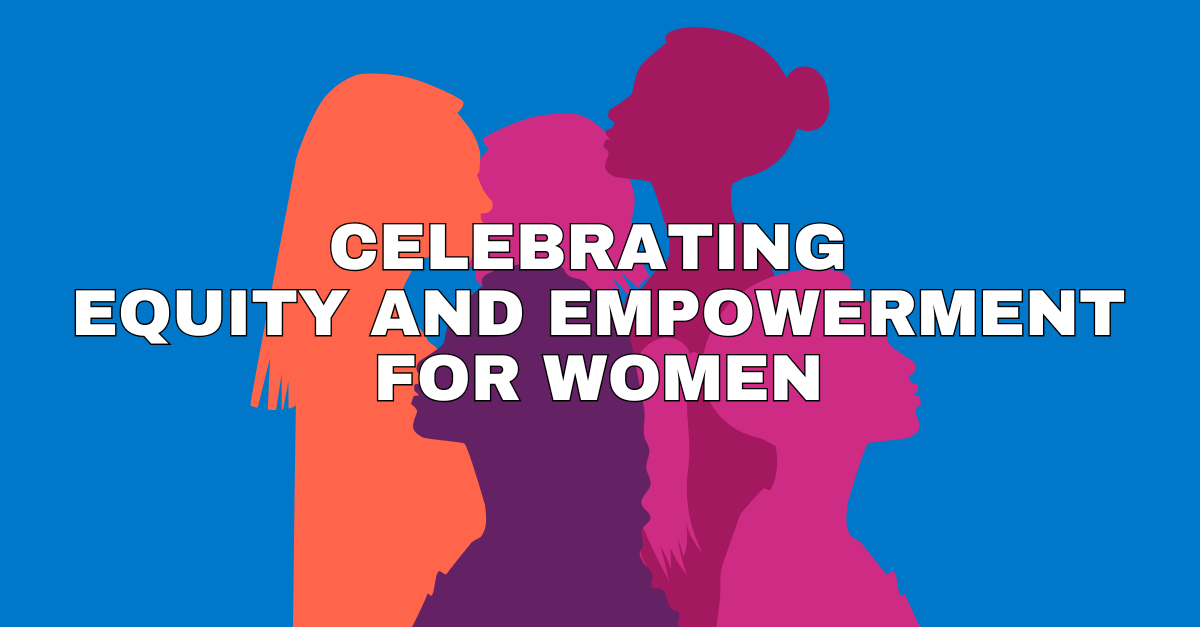
 To celebrate the International Day of Women and Girls in Science, the University of Iceland organised a panel session featuring women researchers and scientists from Iceland, Sweden and Finland, as part of the larger IUPAC Global Women’s Breakfast (GWB) initiative. This year’s GWB theme is “Accelerating Equity in Science”. The IUPAC GWB initiative unites scientists from around the globe in more than 500 locations to foster collaboration and discuss ways to advance diversity and inclusion in science.
To celebrate the International Day of Women and Girls in Science, the University of Iceland organised a panel session featuring women researchers and scientists from Iceland, Sweden and Finland, as part of the larger IUPAC Global Women’s Breakfast (GWB) initiative. This year’s GWB theme is “Accelerating Equity in Science”. The IUPAC GWB initiative unites scientists from around the globe in more than 500 locations to foster collaboration and discuss ways to advance diversity and inclusion in science.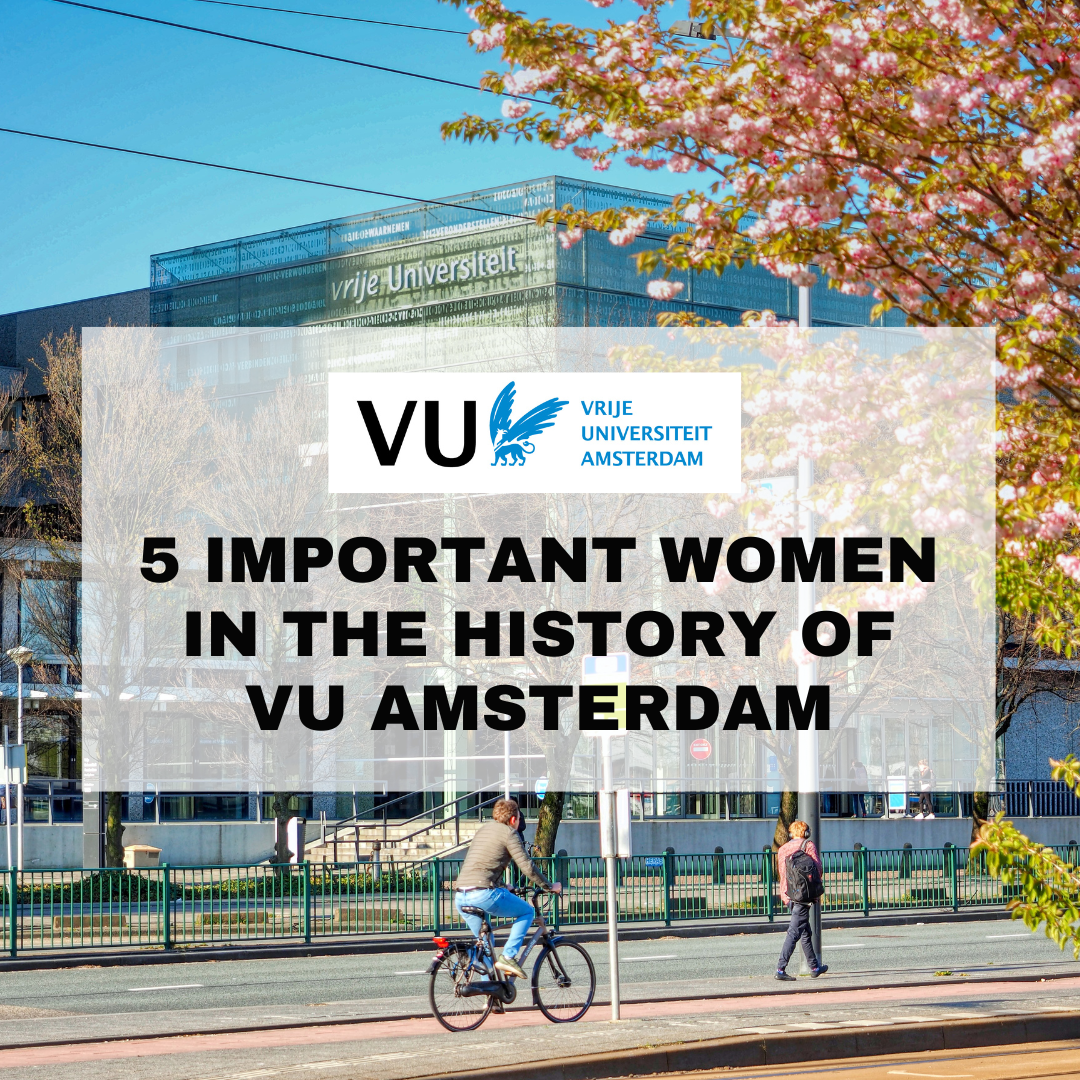 From the fundraising initiative launched by women in 1932 until today, women have been catalysing positive impact at the Vrije Universiteit Amsterdam. For International Women’s Day 2025, discover the five women showcased this year and learn how their contributions continue to leave a mark on the university.
From the fundraising initiative launched by women in 1932 until today, women have been catalysing positive impact at the Vrije Universiteit Amsterdam. For International Women’s Day 2025, discover the five women showcased this year and learn how their contributions continue to leave a mark on the university.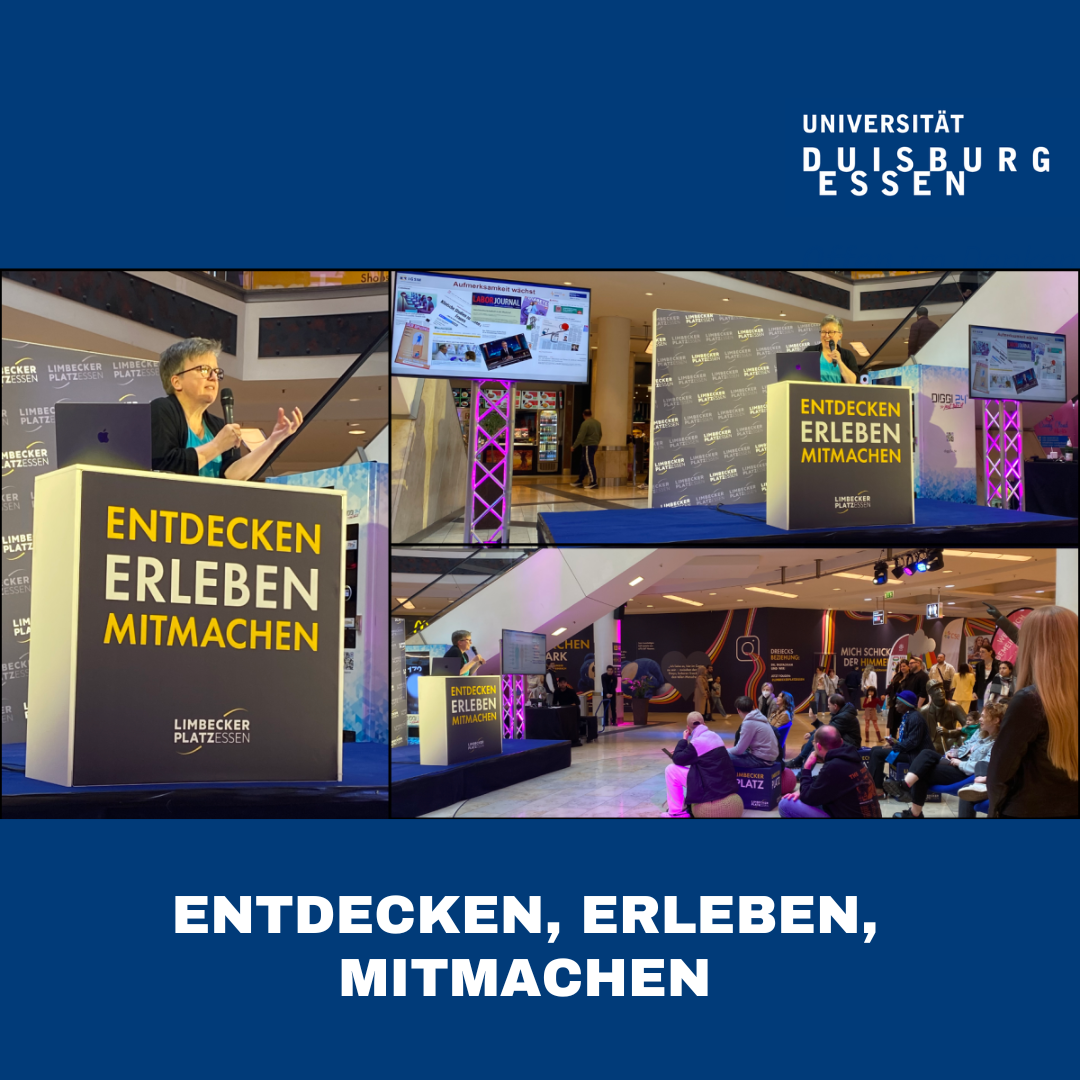 Prof. Dr. rer. nat. Anke Hinney held a talk on International Women’s Day as part of a larger awareness and empowerment event hosted in Limbecker Platz, Essen.
Prof. Dr. rer. nat. Anke Hinney held a talk on International Women’s Day as part of a larger awareness and empowerment event hosted in Limbecker Platz, Essen.  On International Women’s Day, Città della Scienza, in collaboration with Università Federico II of Naples, held the event
On International Women’s Day, Città della Scienza, in collaboration with Università Federico II of Naples, held the event 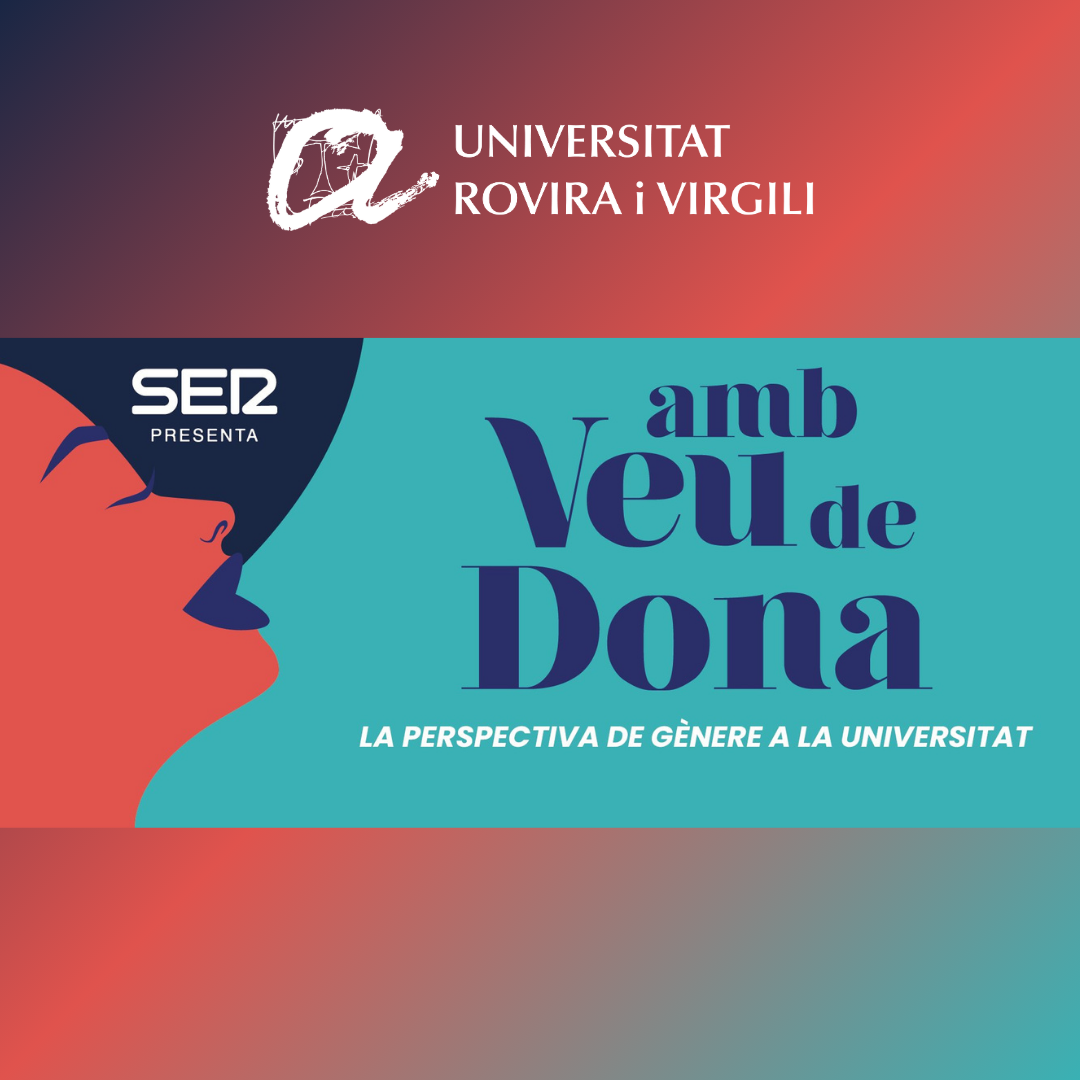 To celebrate International Women’s Day 2025, SER Tarragona and the Universitat Rovira i Virgili (URV) organised an event called
To celebrate International Women’s Day 2025, SER Tarragona and the Universitat Rovira i Virgili (URV) organised an event called 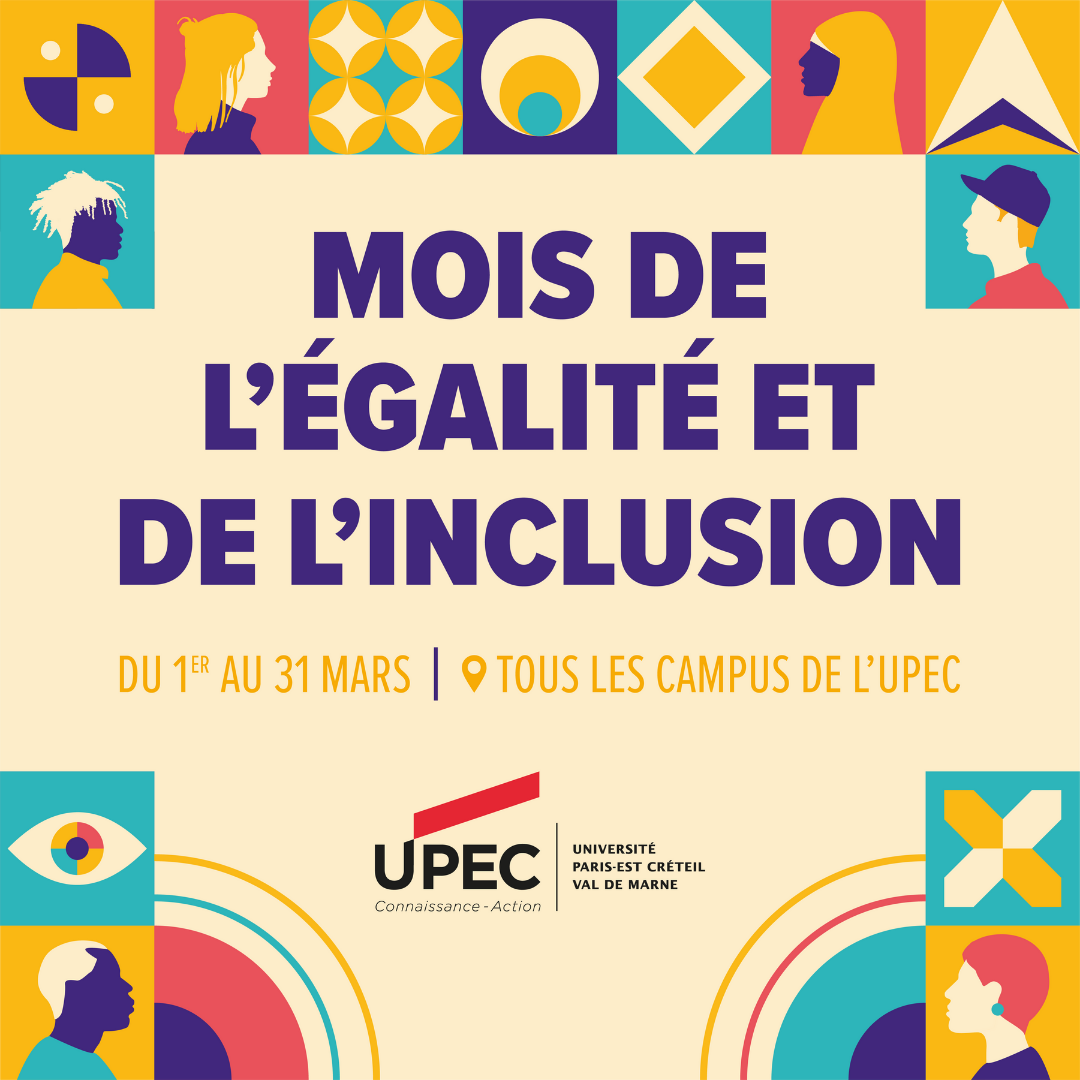 March is the perfect month to discuss issues of equality, discrimination and the promotion of an inclusive culture within the university community. The programme includes: a roundtable on women’s rights, the celebration of women writers with FEU Festival, and the screening of the documentary “Les filles de Birkenau”. Also on the agenda is a high-level conference on “Supporting Young Women In, And Toward, Scientific Careers” with Anne Potter, President of the Anne and Frédéric Potter Endowment Fund, and Sylvie Retailleau, former Minister for Higher Education and Research.
March is the perfect month to discuss issues of equality, discrimination and the promotion of an inclusive culture within the university community. The programme includes: a roundtable on women’s rights, the celebration of women writers with FEU Festival, and the screening of the documentary “Les filles de Birkenau”. Also on the agenda is a high-level conference on “Supporting Young Women In, And Toward, Scientific Careers” with Anne Potter, President of the Anne and Frédéric Potter Endowment Fund, and Sylvie Retailleau, former Minister for Higher Education and Research.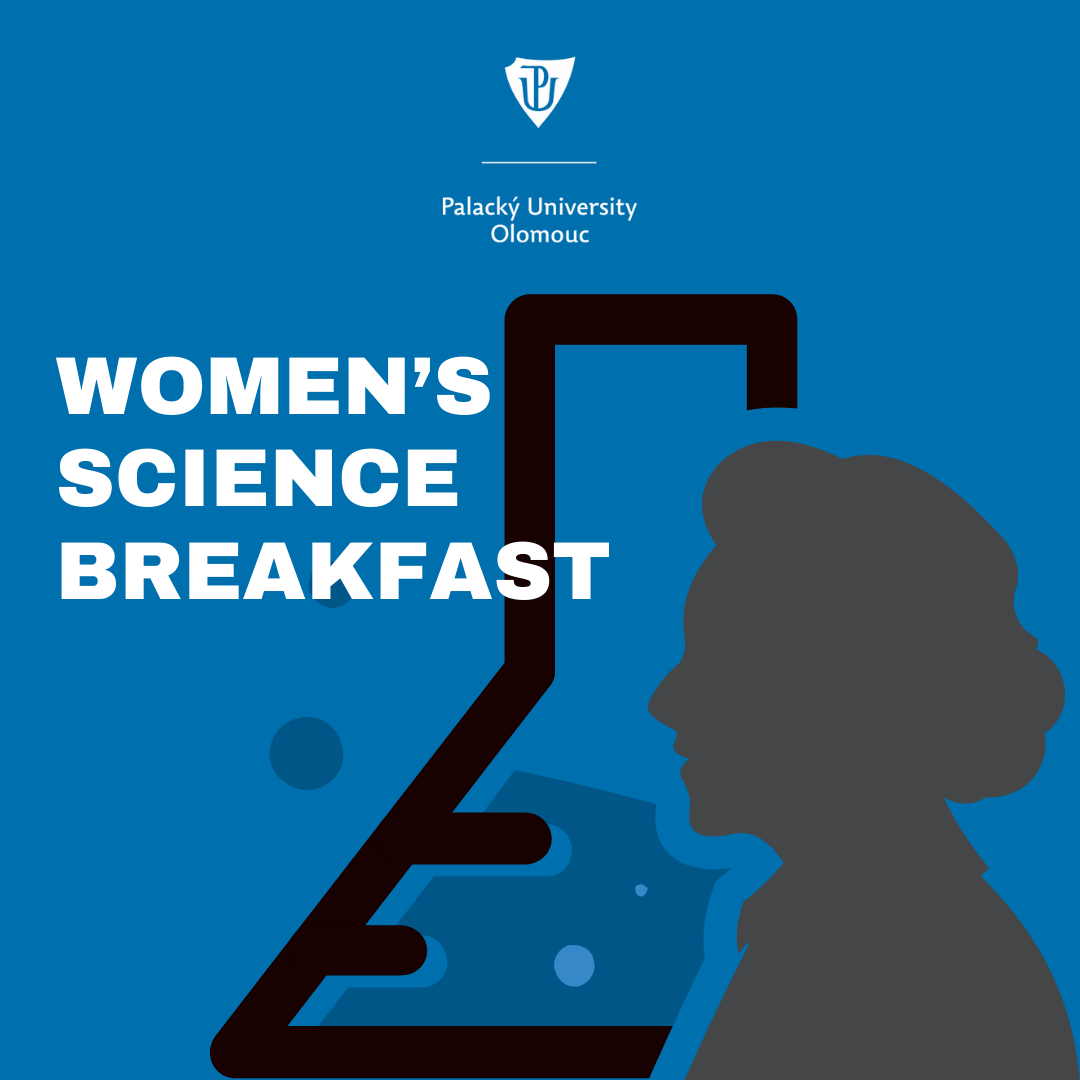 For the International Day of Women and Girls in Science 2025, Palacký University Olomouc held the Breakfast with Science event featuring researcher Michaela Šaradín Lebedíková, recipient of the Masaryk University Rector’s Award for Excellence in Doctoral Studies. Breakfast with Science is an opportunity for researchers to share experiences on how to progress and succeed in the scientific environment.
For the International Day of Women and Girls in Science 2025, Palacký University Olomouc held the Breakfast with Science event featuring researcher Michaela Šaradín Lebedíková, recipient of the Masaryk University Rector’s Award for Excellence in Doctoral Studies. Breakfast with Science is an opportunity for researchers to share experiences on how to progress and succeed in the scientific environment. Female entrepreneurs already face more discrimination against their male counterparts when it comes to securing external funding from banks and investors. This research from CBS professor Vera Rocha shows that women entrepreneurs also face challenges from their own internal employees. Entrepreneurial success does not eliminate gender bias.
Female entrepreneurs already face more discrimination against their male counterparts when it comes to securing external funding from banks and investors. This research from CBS professor Vera Rocha shows that women entrepreneurs also face challenges from their own internal employees. Entrepreneurial success does not eliminate gender bias.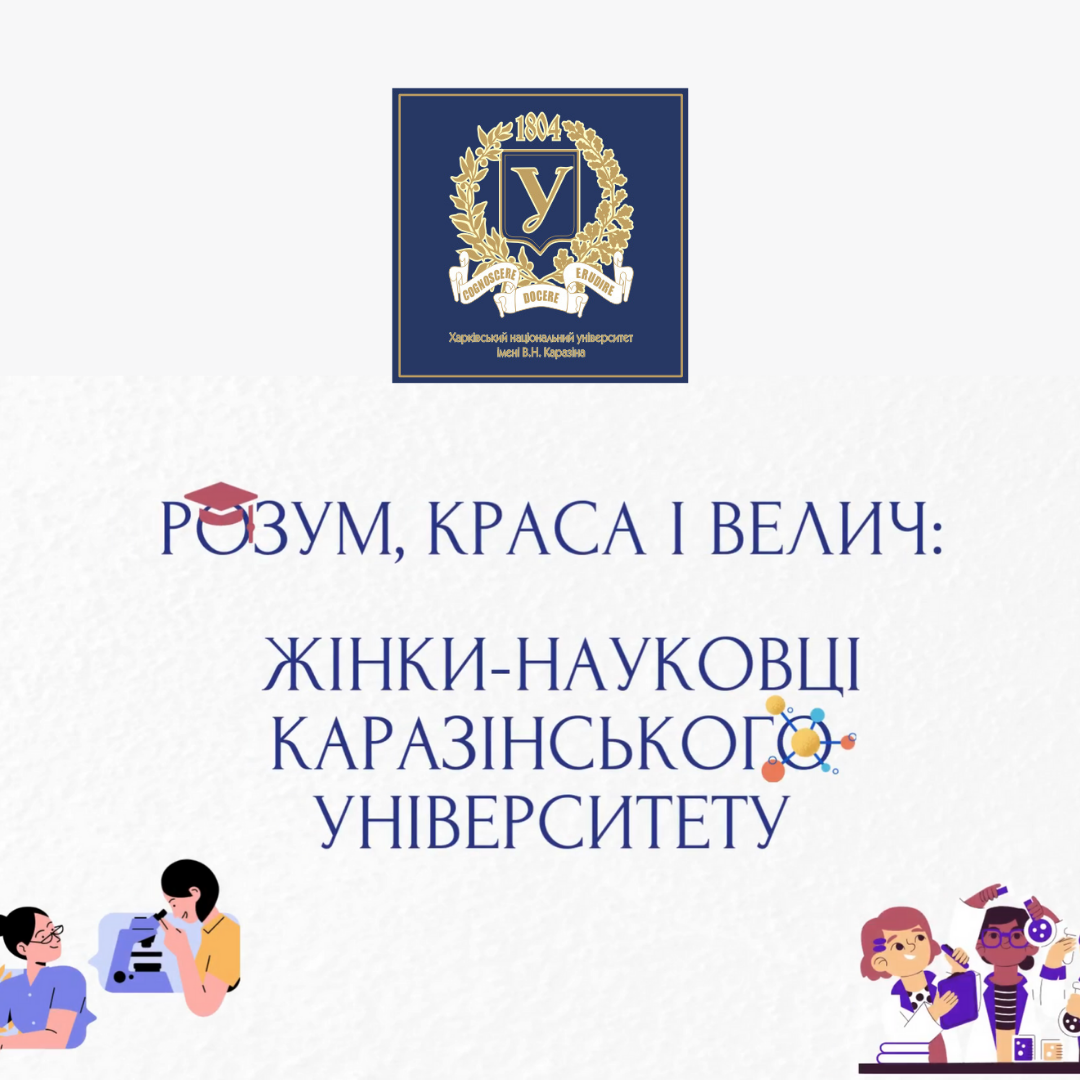 Since the 19th century, Karazin University has played a leading role in expanding women’s access to education, science, and professional activities. To honour the International Day of Women and Girls in Science, KKNU’s Central Scientific Library produced a video highlighting women’s contribution to academic excellence at the university.
Since the 19th century, Karazin University has played a leading role in expanding women’s access to education, science, and professional activities. To honour the International Day of Women and Girls in Science, KKNU’s Central Scientific Library produced a video highlighting women’s contribution to academic excellence at the university. The International Day of Women and Girls in Science was the occasion for a panel discussion on
The International Day of Women and Girls in Science was the occasion for a panel discussion on 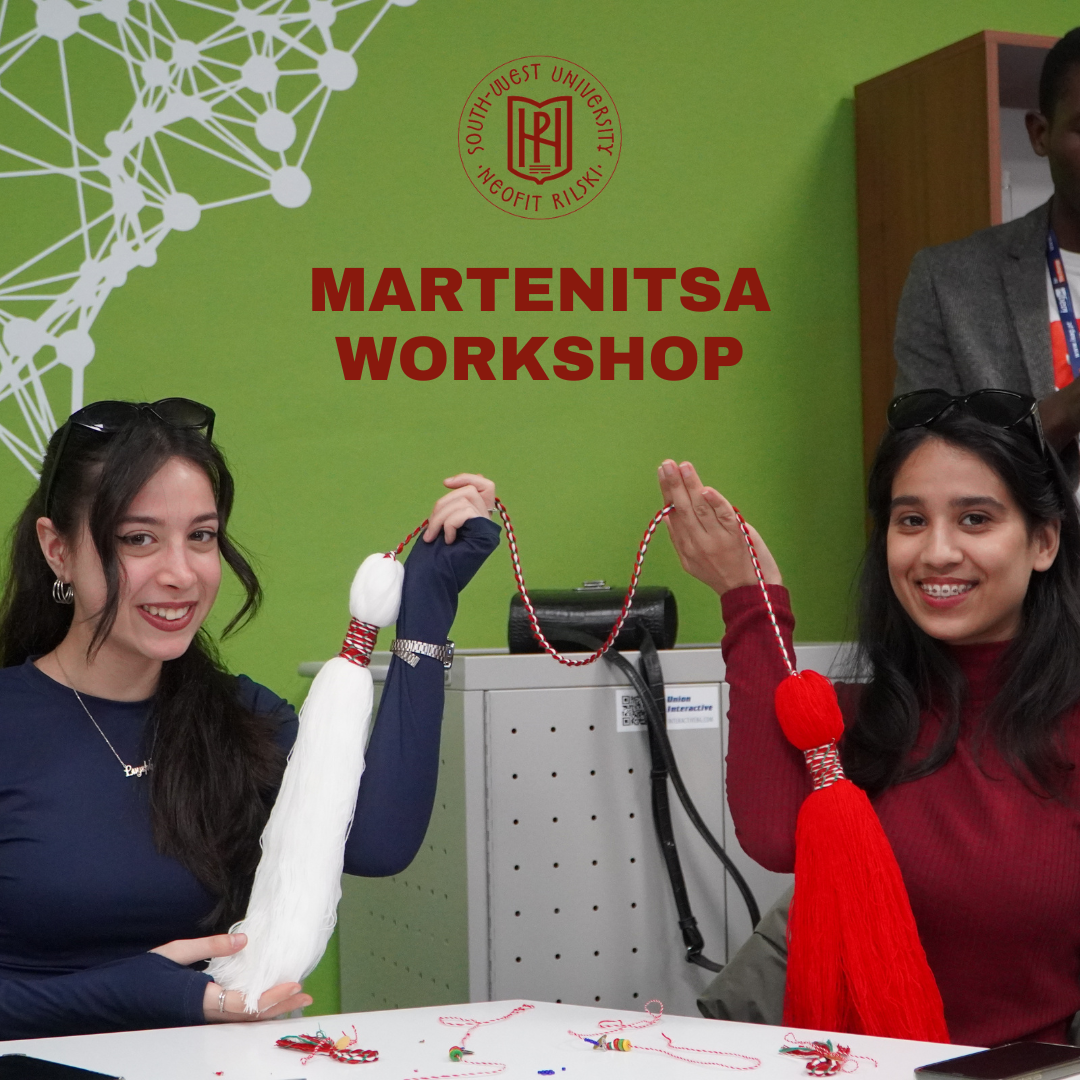 At SWUNR, the university held a
At SWUNR, the university held a 









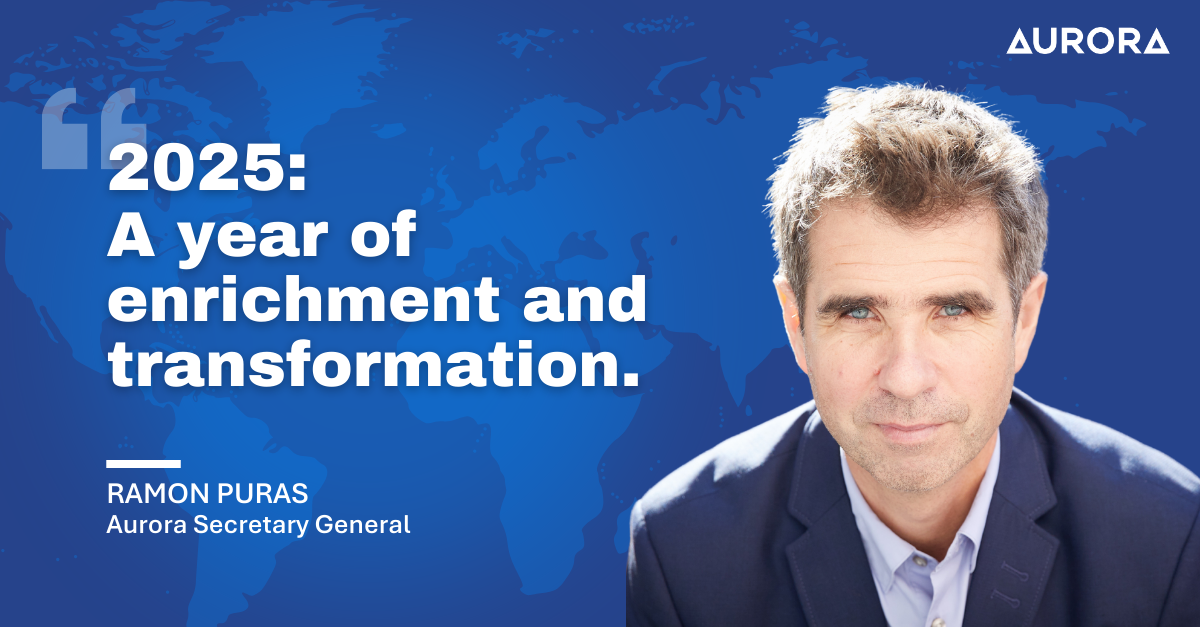

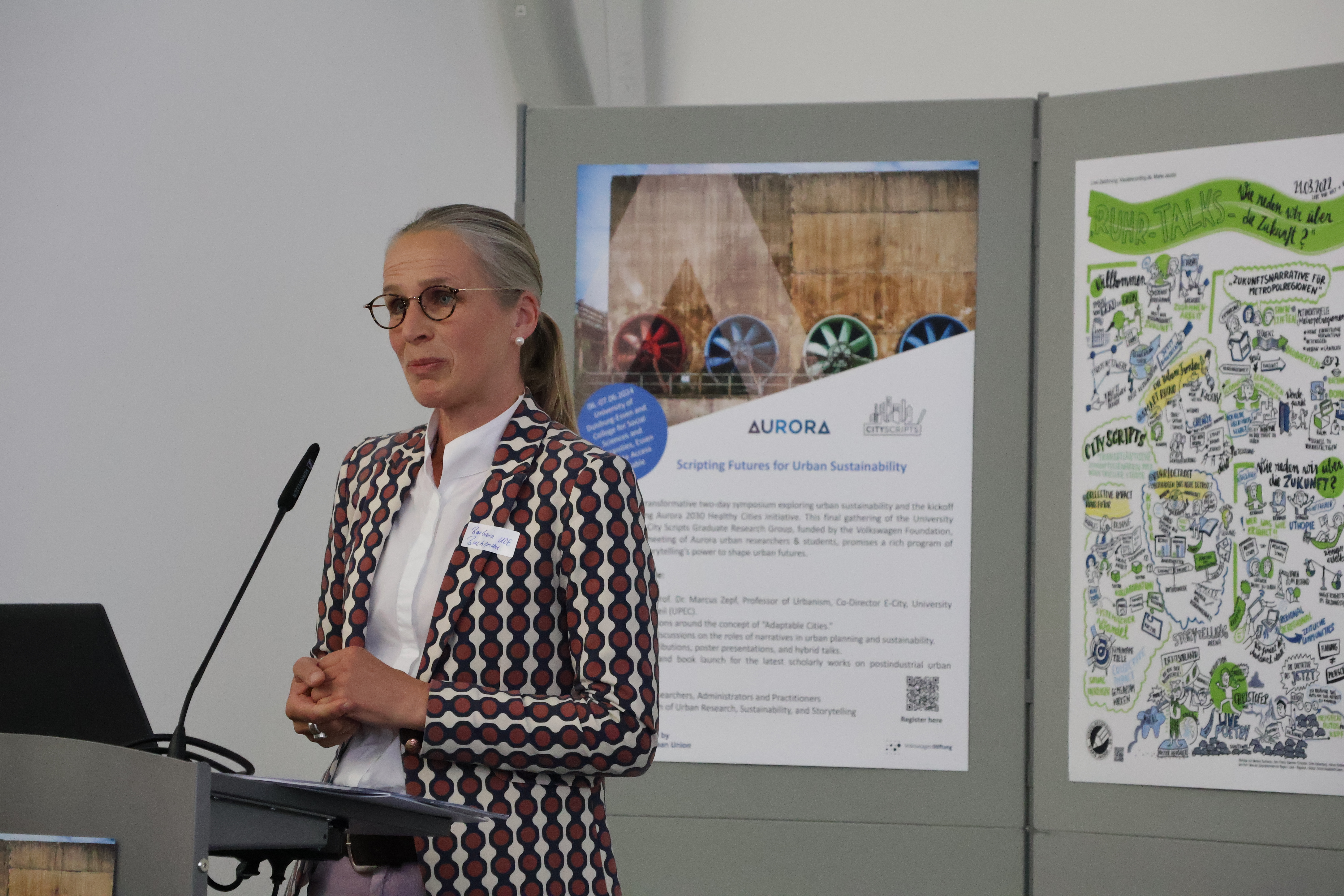 Welcome Address by Barbara Buchenau
Welcome Address by Barbara Buchenau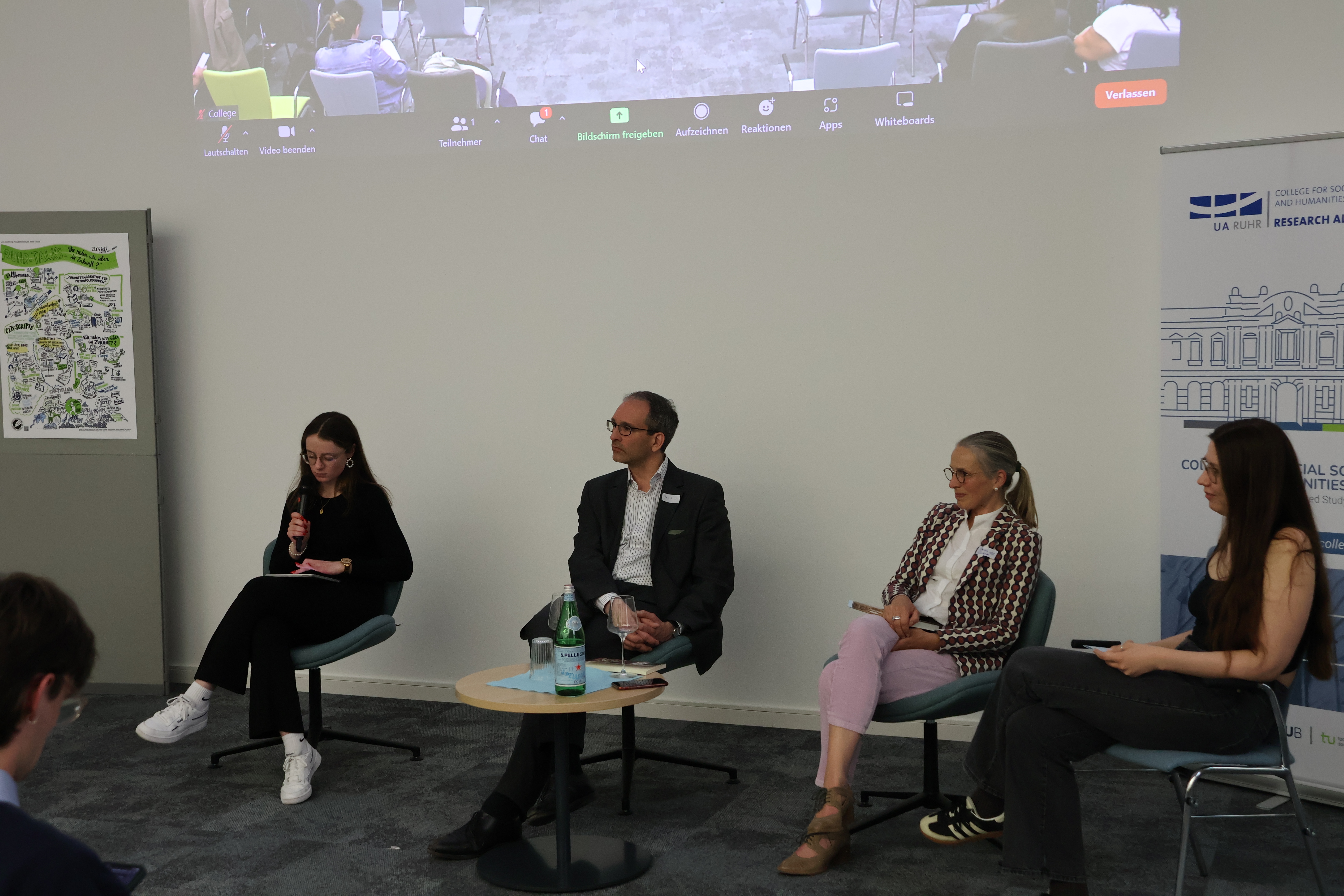 Students as Critics of Academic Writers. Left to Right: Pia Schümmelfelder (MA student UDE), Jens Gurr (editor of City Scripts, 2023, UDE), Barbara Buchenau (editor of City Scripts, 2023, UDE), and Dana Sitnikov (MA student UDE)
Students as Critics of Academic Writers. Left to Right: Pia Schümmelfelder (MA student UDE), Jens Gurr (editor of City Scripts, 2023, UDE), Barbara Buchenau (editor of City Scripts, 2023, UDE), and Dana Sitnikov (MA student UDE)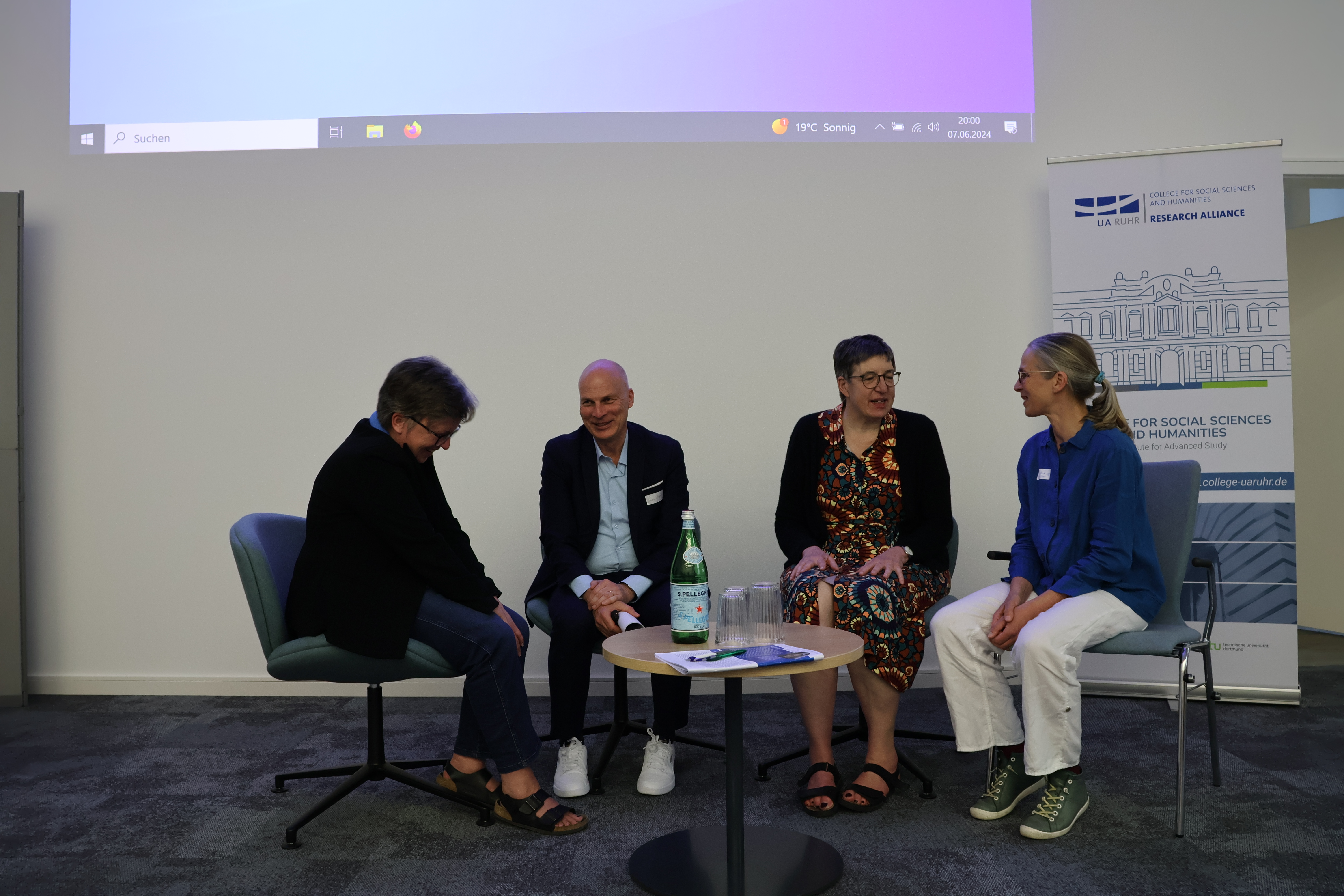 Brainstorming for Future European Transdisciplinary Research and Education. Left to Right, Anke Hinney (University Hospital Essen), Marcus Zepf (École d’Urbanisme de Paris, UPEC), Petra Günther (International Office, UDE) and Barbara Buchenau (Faculty of the Humanities, UDE)
Brainstorming for Future European Transdisciplinary Research and Education. Left to Right, Anke Hinney (University Hospital Essen), Marcus Zepf (École d’Urbanisme de Paris, UPEC), Petra Günther (International Office, UDE) and Barbara Buchenau (Faculty of the Humanities, UDE)




